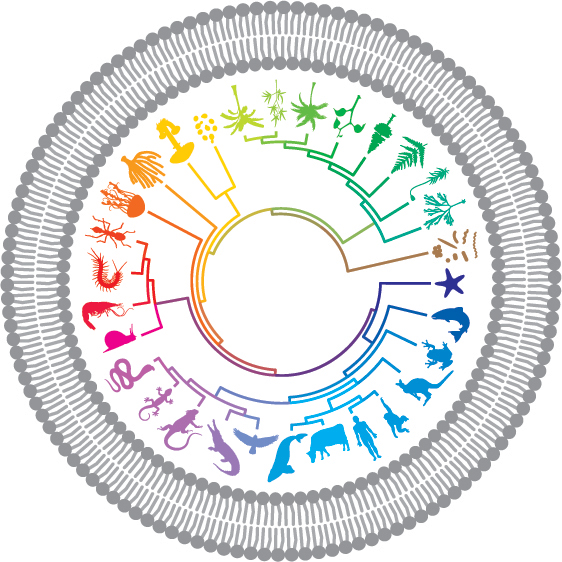 Over the past few weeks, eLife has posted a manifesto, and EMBOencounters and Journal of Cell Biology have published editorials, all promising strategies to avoid the iniquities of iterative reviewing, recently also the focus of invective from Hidde Ploegh and Gregory Petsko. We have addressed the problem with a policy we call re-review opt-out.
Over the past few weeks, eLife has posted a manifesto, and EMBOencounters and Journal of Cell Biology have published editorials, all promising strategies to avoid the iniquities of iterative reviewing, recently also the focus of invective from Hidde Ploegh and Gregory Petsko. We have addressed the problem with a policy we call re-review opt-out.
Clearly the movement to refocus journals on promoting the publication of papers, rather than assiduously filtering them, is gaining ground.
Lest it be overlooked in the more recent coverage, I should like to take the opportunity to assign credit to a rather earlier attempt to draw attention to the plight of postdocs and untenured academics whose careers are imperilled by publication delays due to obstructive referees and unduly compliant editors.
Some years before Ploegh inveighed in Nature against the tyranny (sic) of ‘reviewer experiments’, or the manifesto of eLife inspired an enthusiastic endorsement from Petsko in Genome Biology, Raff, Johnson and Walter made precisely the same points in a succinct and eloquent letter to Science entitled ‘Painful Publishing’.
They were a large part of the inspiration for our own re-review opt-out policy, now in its fourth year of operation, and this is a good time to acknowledge the debt.
Miranda Robertson
Editor, BMC Biology
Latest posts by Alice Plane (see all)
- Folates, lifespan and the gut microbiome - 31st July 2012
- Now on video: Diet, cancer and obesity – Emperors’ clothes and Elephants - 12th July 2012
- Breaking walls and mending organs - 17th May 2012
I had a little spat with the editors of Elsevier’s Vaccine recently, after it took them nearly a year – and something like two changes of Editor, and 12-odd reviews – to NOT publish our paper on an enhanced DNA vaccine vector. As far as I could see, this was due to an over-cautious Editor being influenced by an unnecessarily nasty reviewer, despite the fact that there was a clear majority opinion among the (many!) reviewers that it was worth publishing.
So I sent it to BMC’s Virology Journal with a letter describing what had happened to it, with several of the reviews. It was accepted in a week and published shortly thereafter. It is now a highly-accessed paper, and will be the basis of ongoing investigations on HIV and other vaccines in my and other labs.
A case of the over-cautious gatekeeper!
Don’t ‘over-cautious editors’ better journals make? Unless journal business model is author-pays of course.